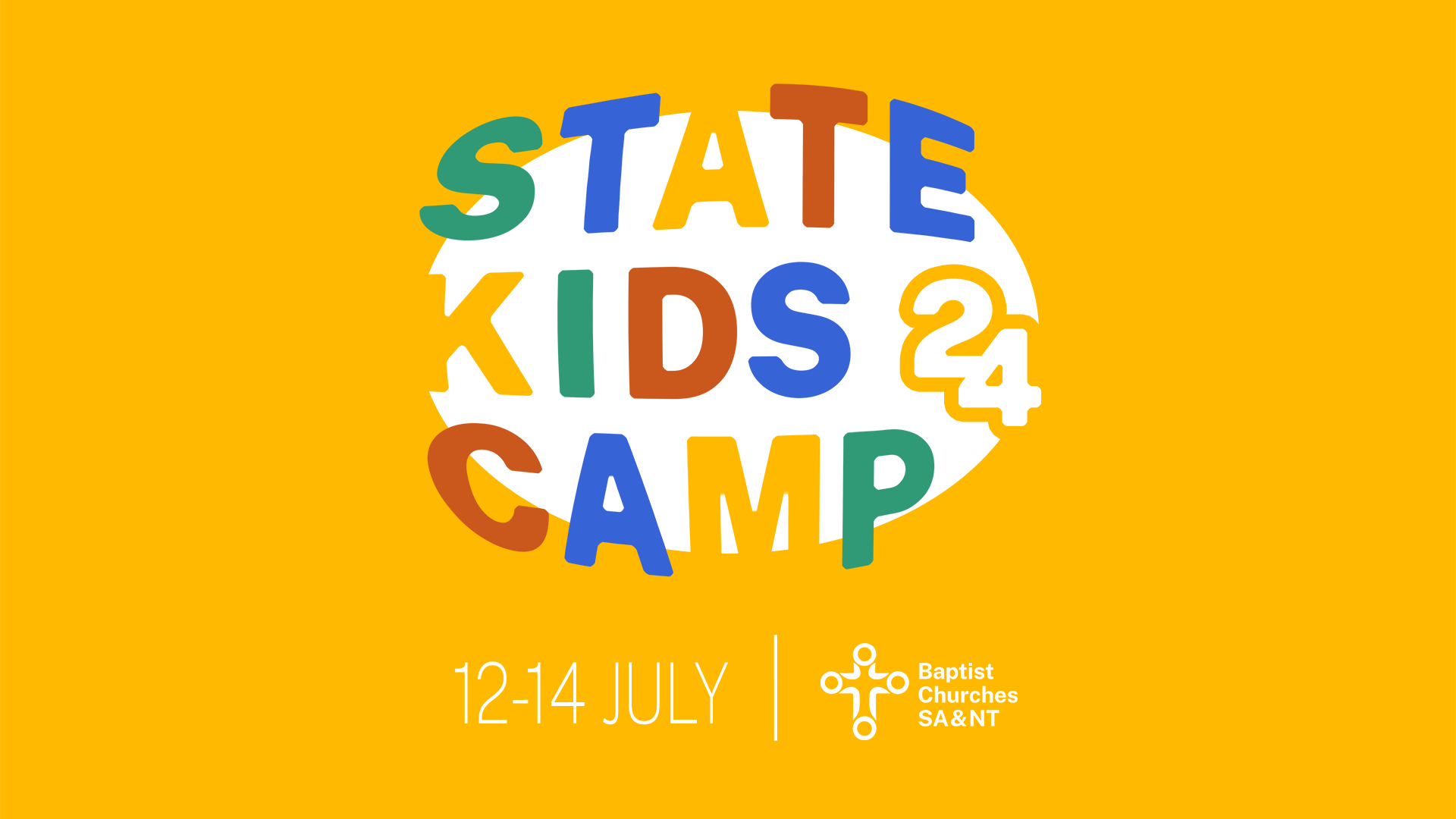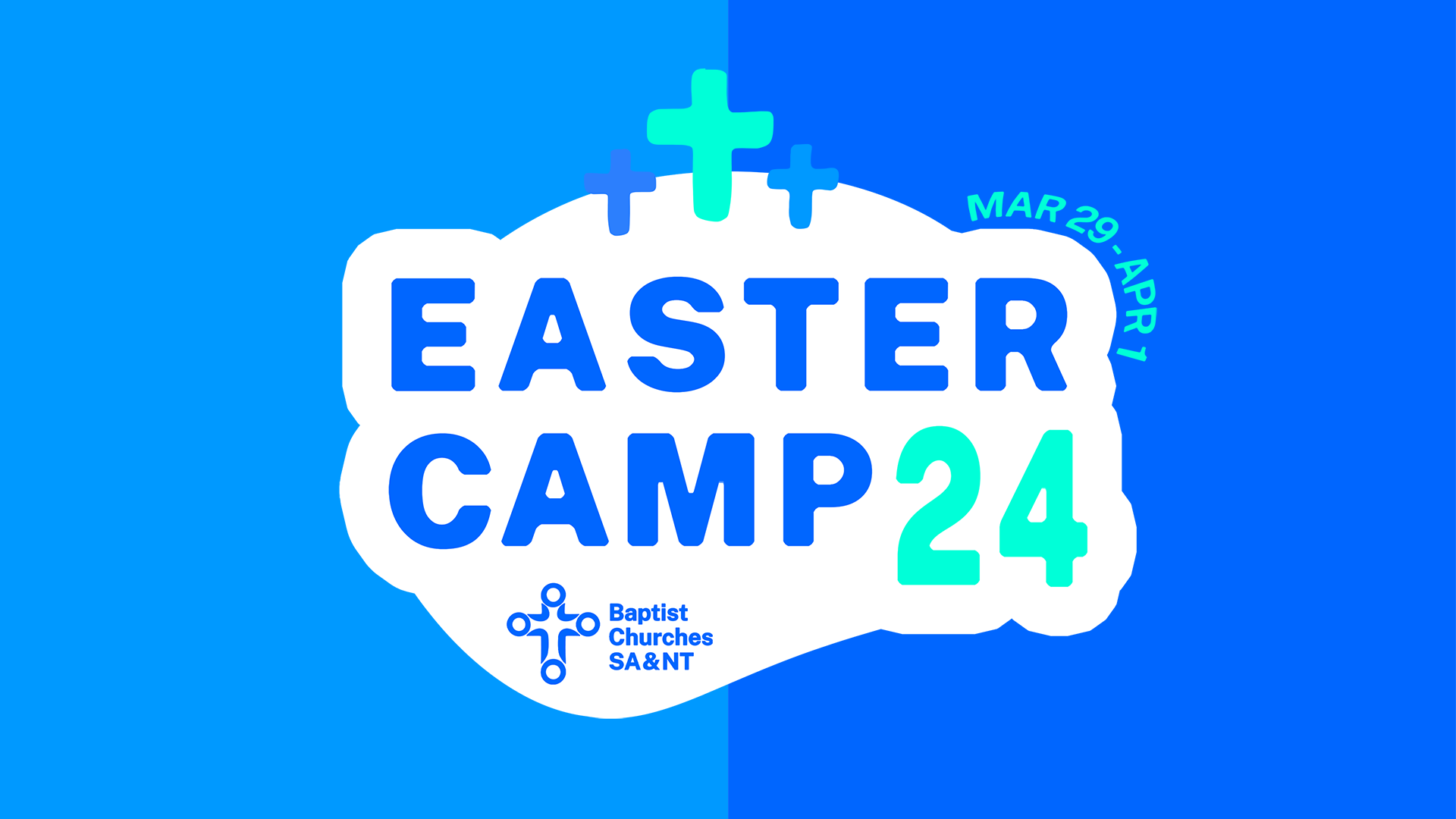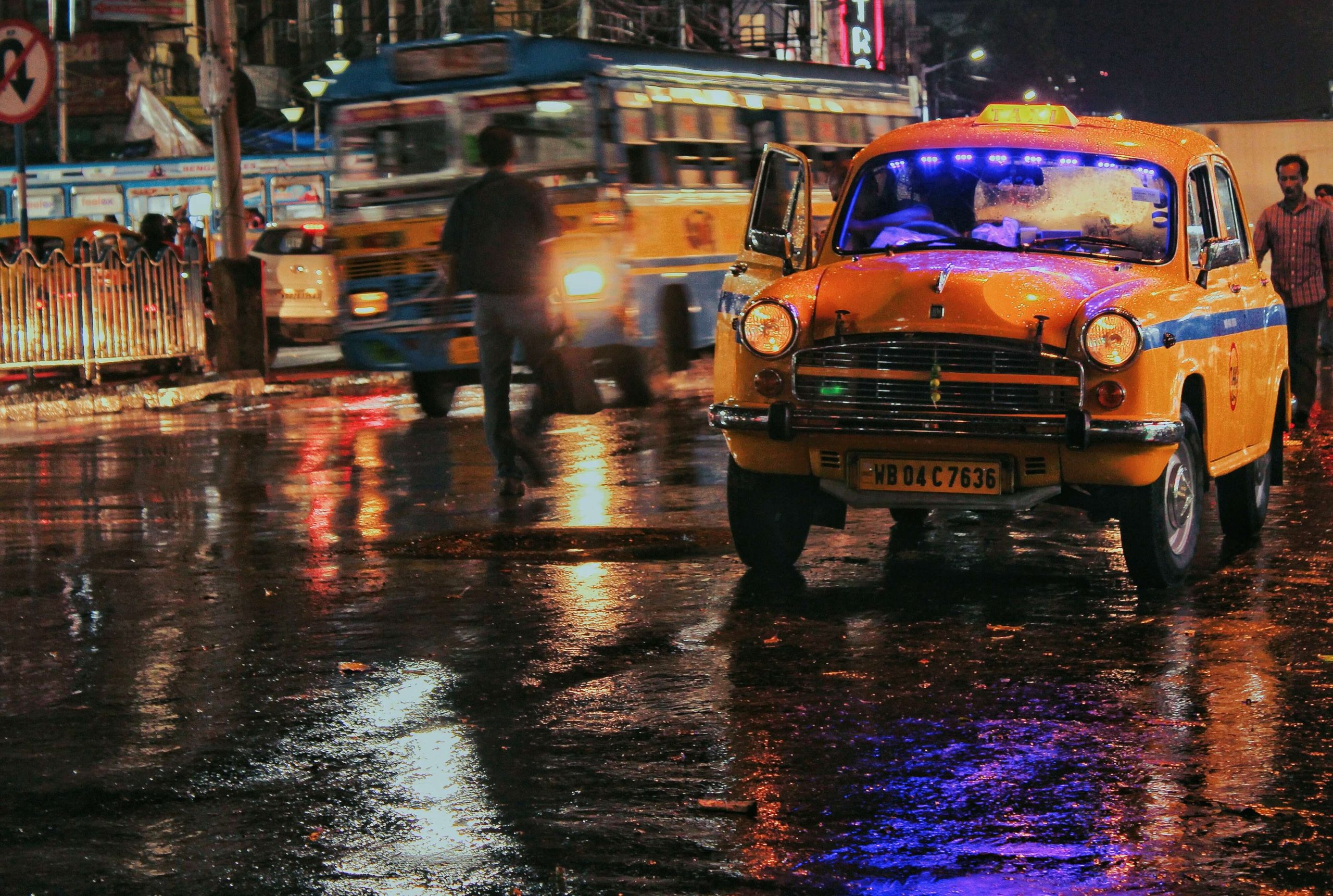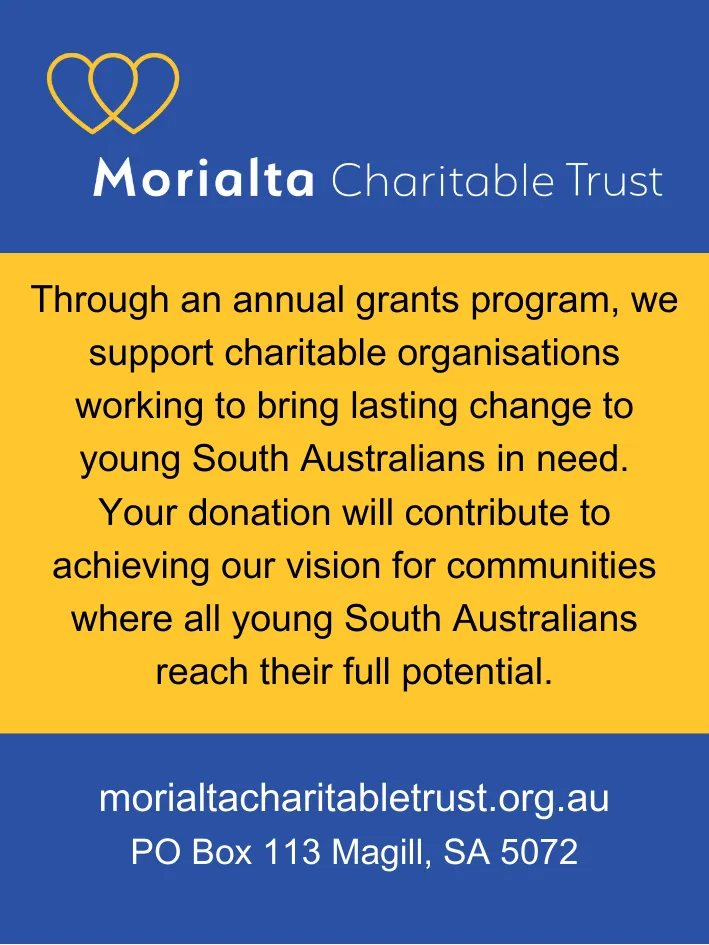What happens when a pastor from New Zealand and his family move to Kolkata’s red-light district?
Baptist World Aid’s Better World Ambassador, Kerry Hilton, shares the lessons God taught him over his twenty years in India.
Why did you start living alongside people in poverty?
I started discovering God’s incredible heart for the poor through scripture when I was studying to become a pastor in New Zealand. It hit home that this was a strong agenda of God’s. That led my wife Annie and I to ask ourselves, “What does this mean for our lives? How do we live out God’s agenda for those who are poor?”
Then in the late-1990s, we heard an opportunity to move to Kolkata, India, to live amongst vulnerable people in the city. At that stage of my life, I hadn’t been past Australia. I’d never been in a low-income country; I’d never seen poverty. But Annie and I had a really strong conviction that this was where God wanted us.
We had four kids; they were four, five, ten and eleven. When I went to Kolkata beforehand to prepare, one thing went round my head: “You can’t bring your kids here!” But I felt God say to me, “Yeah you can. Rely on me”.
Now that our kids are adults, we can see that moving to Kolkata has been the most amazing gift. They have world views shaped by their experiences, and now we have children and grandkids who are working amongst communities in poverty.
How did you start getting to know people when you first moved to Kolkata?
When we arrived, we didn’t know the culture or the language. On our first night, after the kids settled into bed in our rented apartment, I went for a walk to meet our neighbours. I discovered that we had inadvertently moved into the city’s largest red-light district, and just down the road were women trapped in prostitution. These were the neighbours God put around us.
Annie and I started to meet them and listen to their stories. We had lots of cups of tea. I was ignorant as anything, but these women took us by the hand and opened their lives to us. They trusted us, which was an incredible thing.
During that time, what did you learn about God and poverty?
God was already working in people’s hearts and minds; we were just joining in. Some of the women had already encountered Jesus, and together, we discovered more of who he is. There’s something about the gospel that people in poverty understand, and I had a lot to learn from the way they reflect God’s love and hospitality.
One of the most amazing gifts is to sit in a brothel room and have a cup of tea and a biscuit with a woman that hasn’t got anything else to offer. It’s the best tea that I’ve ever tasted. While the world says the poor need the rich, I learned that we need each other.
What did you learn about suffering?
In the early days, hearing the most painful stories of young girls being exploited, I screamed at God to click his fingers and make it go away. I’ve had to work through that and understand the consequences of human free will. But I know that God is very much with these women. He’s in the pain, not standing separate from it all. Understanding the heart of God, who suffers and grieves with us, has been part of my journey.
After you got to know your neighbours, you began working together to find a way out of exploitation. What did that look like?
Many of our neighbours had never been to school, couldn’t read or write, and experienced health challenges—but wanted a way out of the life they had been forced into. We came up with a business idea of making and selling jute bags so these women could earn an income.
After a few weeks of training on pedal machines, we received our first order of 1000 bags from a shop in New Zealand. We made these bags again and again, working incredibly hard. Slowly but surely, our business of freedom (which is what they called it) emerged. They had been told by their community and religion that they’re dirty and untouchable, but the gospel message of freedom is different from that. It speaks of Jesus’ love, and it really is good news.
Today, you’re leading Baptist World Aid’s Better World Ambassador movement. How can Christians everywhere engage with poverty, even when we live in different places?
Being reconciled to Jesus changes the whole trajectory of our lives, including how we relate to people in poverty. In Christ, we become ambassadors of reconciliation for a better world. We uphold generosity to those in need, making sure everyone has a seat at the table and mutually sharing what we have—even if it means having less.
What makes you most excited about being a Better World Ambassador?
I’m excited for Australians – and anyone around the world – to discover God’s heart and agenda for the poor, just as I continue to do. As followers it’s not something we choose but rather have already been chosen for. Given this is so central to the gospel, it’s a privilege to journey with others in discovering its meaning for them.
BETTER WORLD AMBASSADORS is a community of people exploring what it means to be part of God’s restoration story, as we engage with people in poverty. Join the movement today.





